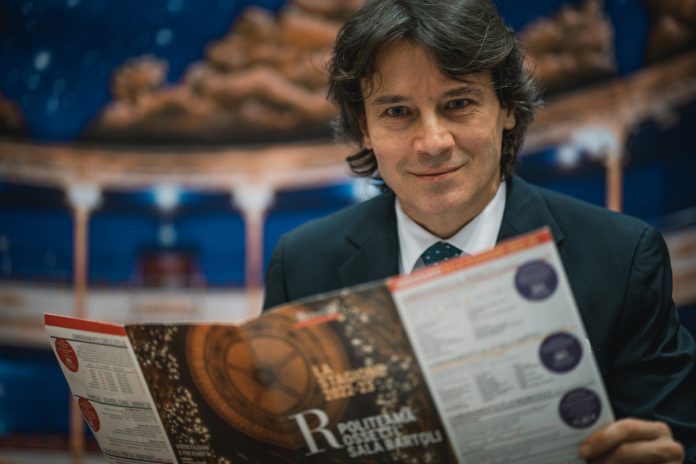by InTrieste
The Rossetti-Teatro Stabile del Friuli Venezia Giulia has appointed its leadership team for the next five years, following a meeting of its General Assembly on March 25.
Francesco Mario Granbassi was confirmed as president, representing the Municipality of Trieste, while Piero Geremia was named vice president, designated by the Friuli Venezia Giulia Region. The assembly also appointed three new members to the theater’s board of directors for the 2025-2030 term: Tiziana Sandrinelli, representing the Trieste Chamber of Commerce, and Francesca Marchetti and Alberto Cappel, both nominated by the regional government.
Granbassi, a communications professional with a background in institutional relations, the service sector, culture, and tourism, has led the theater since January 2020. A graduate in corporate communication, marketing, and advertising, he previously conducted research on theater marketing.
Following his reappointment, Granbassi expressed gratitude to the theater’s institutional partners, including the regional and municipal governments, the Chamber of Commerce, and UniCredit. He credited the past five years with both challenges and successes, notably navigating the COVID-19 pandemic and expanding the theater’s audience beyond expectations.
Under his tenure, the theater has reportedly surpassed 200,000 spectators in a city of similar population size, attracting audiences from over 70 countries. Granbassi emphasized the importance of collaboration among the board and staff in achieving these milestones.
“I am delighted to continue this journey with Piero Geremia and Tiziana Sandrinelli,” he said in a statement. He also welcomed newly appointed board members Marchetti and Cappel and acknowledged the contributions of previous board members.
Granbassi highlighted the theater’s commitment to fostering a diverse and international audience. He noted that the average age of attendees has decreased by 12 years and that the theater has hosted productions typically seen in major cultural capitals.
“There is still much work to do,” he said, “but thanks to the dedication of our team, we have made significant progress.”





























